In today’s ever-evolving research landscape, staying up to date on the latest industry trends is critical. With feedback from over 1,400 research professionals from around the world, Cayuse’s 2023 State of Research Administration Benchmark Report sheds light on the most recent developments in research administration. Let’s examine the key findings from this report to help research organizations determine their next steps.
Research in the pandemic’s aftermath
The research world has undergone a transformation in recent years, with organizations seeking innovative ways to adapt to changing circumstances even before the COVID-19 pandemic struck. The need to improve collaboration, scalability, and results delivery was already evident. Still, the crisis propelled these efforts into high gear.
One of the most dramatic shifts was the transition to a hybrid work environment. This trend has continued to prevail. The pandemic proved remote work was viable and was as productive as in-person work. As a result, nearly 69% of research organizations now operate in a hybrid model, with approximately half requiring minimal in-person presence. Remote work accounts for 22%, while only 9.5% have returned to the office. This change from a temporary response to an established way of working underscores the adaptability of research teams.
But challenges persist. Staffing remains a key concern for research organizations worldwide, driven by budget constraints, turnover, and a scarcity of qualified talent. The pressure to accomplish more with fewer resources is palpable, with many research portfolios expanding while staffing lags.
Regarding the research workload, several activities emerge as the most time-intensive, specifically documentation, communication, and collaboration. Manual processes, staffing constraints, and organizational misalignment continue to impede research teams, with more than half of survey participants reporting inadequate staffing resources and insufficient time to meet their goals.

Driving research growth
In the aftermath of the pandemic, 2023 presents a unique set of opportunities that leave research organizations with a clear imperative: Enhance efficiency and productivity through the adoption of technology. Remote collaboration capabilities, once regarded as a gradual progression, are now at the forefront of research teams’ strategies. Forward-thinking organizations anticipated the need to scale up remote access, ensuring seamless continuity in research operations.
But the path to progress is not without hurdles. More than 75% of survey participants reported a surge in workload, with 52% labeling it as significant. This surge aligns with predictions made in the 2022 report, as 79% anticipated their workload to increase further in the coming year. More research proposals, complex opportunities, and stringent regulations contribute to this growing workload, which is often exacerbated by limited staffing resources.
Professionals in the pre-award phase of research face the daunting task of sourcing funding, meeting proposal deadlines, and securing awards amidst heightened competition and evolving regulations. While these concerns are demanding, they have encouraged the automation and digitization of manual processes.
A notable 34% of survey participants believe the pre-award phase of research could significantly benefit from automation or digital support. Such advancements offer relief to research teams, freeing up time that can be reallocated to team development, data analysis, increased collaboration, and enhanced staff support. As the workload intensifies, the importance of simplifying time-intensive processes becomes more evident.
To help manage their activities more efficiently, research teams are turning to purpose-built technology solutions, whether cloud-based or homegrown. A unified system that embraces automation and anticipates future needs can enable research organizations to better control their portfolios regardless of size or location.

Digital transformation across the research administration lifecycle
As organizations continue to expand their horizons, it is essential to evaluate existing methods for managing research activities. Manual processes, once accepted as the norm, have shown their limitations in today’s research age. They are not only time-consuming and labor-intensive but also prone to errors that can impact the accuracy and reliability of research outcomes.
A comprehensive examination of current methods employed across the research administration lifecycle revealed many areas are moving away from manual processes, such as:
- Compliance and risk management (18% manual only, 38% vendor tech only)
- Pre-award (30% manual only, 41% vendor tech only)
- Post-award (27% manual only, 29% vendor tech only)
- Resource management (23% manual only, 39% vendor tech only)
Although many research organizations have embraced technology to support growth, there remains ample room for improvement. One striking finding is that more than half of the research participants responsible for managing research outcomes continue to rely heavily on manual processes, with a mere 15% having made the shift to adopt vendor-only technology.
The persistence of manual or inefficient processes threatens to impede both team productivity and results while deterring the next generation of research professionals from joining these organizations. Studies indicate the availability of technology is a compelling factor for younger workers, potentially aiding research organizations in attracting top talent. Modernization, in turn, can help alleviate staffing concerns and enhance overall team resilience.
The majority of survey participants express a commitment to expanding their research portfolios and improving team efficiency in the coming years. However, it is evident that manual processes, disjointed systems, and limited resources are impeding these ambitions.
Electronic research administration systems are poised to replace these outdated approaches, offering scalable solutions that empower teams to seamlessly adapt to changes in research volume. By serving as an extension of the research administration team, these tools can provide a single source of truth, improved visibility, and enhanced collaboration.
As the trend toward digital transformation continues, research organizations must decide whether they wish to lead the way or fall behind. This choice will determine their future.


